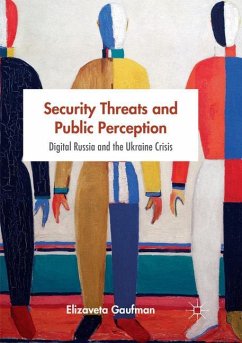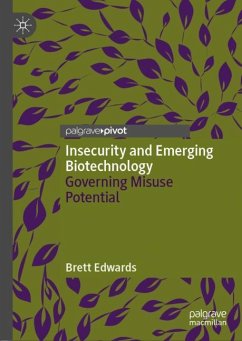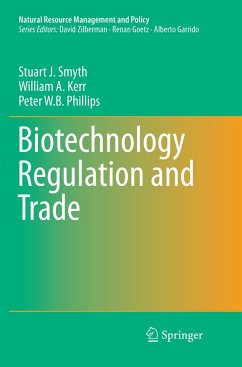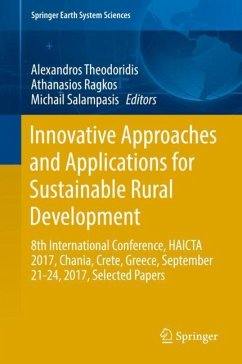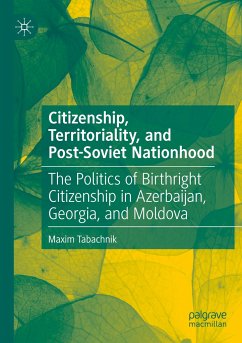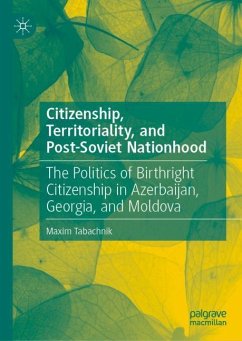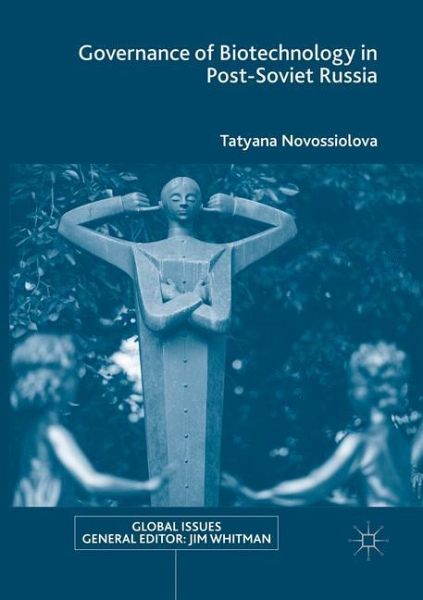
Governance of Biotechnology in Post-Soviet Russia
Versandkostenfrei!
Versandfertig in 6-10 Tagen
83,99 €
inkl. MwSt.
Weitere Ausgaben:

PAYBACK Punkte
42 °P sammeln!
This book provides an up-to-date analysis of the governance of biotechnology in post-Soviet Russia. The rapid advancement of the life sciences over the past few decades promises to bring tremendous benefits, but also raises significant social, ethical, legal, and security risks. Nations' adaptability to the twin challenges of attempting to secure the benefits while reducing the risks and threats is a large and still burgeoning governance challenge.Here, Novossiolova cuts across several sets of literature, bringing together elements of the anthropological study of culture; history of science an...
This book provides an up-to-date analysis of the governance of biotechnology in post-Soviet Russia. The rapid advancement of the life sciences over the past few decades promises to bring tremendous benefits, but also raises significant social, ethical, legal, and security risks. Nations' adaptability to the twin challenges of attempting to secure the benefits while reducing the risks and threats is a large and still burgeoning governance challenge.
Here, Novossiolova cuts across several sets of literature, bringing together elements of the anthropological study of culture; history of science and technology; management and international governance; and Soviet history and politics. Due to its multidisciplinary approach, in-depth analysis, accessible style, and extensive reference list, this text offers invaluable insights into the normative dimensions of the governance of biotechnology, unpacking both the formal and intangible attributes and artefacts of biotechnology policy and practice in Russia.
Here, Novossiolova cuts across several sets of literature, bringing together elements of the anthropological study of culture; history of science and technology; management and international governance; and Soviet history and politics. Due to its multidisciplinary approach, in-depth analysis, accessible style, and extensive reference list, this text offers invaluable insights into the normative dimensions of the governance of biotechnology, unpacking both the formal and intangible attributes and artefacts of biotechnology policy and practice in Russia.




